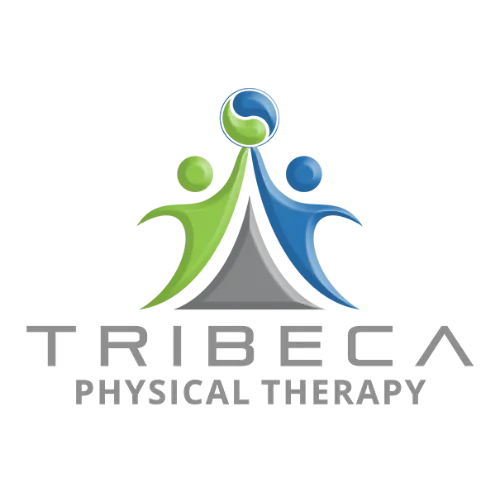The journey of motherhood starts at the beginning of pregnancy. Carrying your little one in your womb for nine months may be a new experience to you since every pregnancy is different from one another. But what is next after giving birth? When you hold your new baby, give that first-time kiss and cuddle lovingly with your arms.
After those monthly check-ups while pregnant comes long hours of taking care of your newborn and post-consultation stops. Then these next few questions in your mind pop in, “How can I take care of my body after giving birth?” How can my body recover better and faster? So, here, we will be diving into why it’s so crucial to focus on your body post-pregnancy, the pillars of postpartum nutrition, and other relevant nutrients. Remember, thinking about your well-being will also help you in being fit to take care of your little one.
Why is postpartum nutrition important?
After giving birth, there is this healing phase wherein nutrition is very important. You are physically recovering from labor and the other changes in your body from carrying a child for nine months. You also must keep in mind that healthy lactation depends on the nutrients that come into your body. Postpartum nutrition will help your body to recover faster and gain the strength that you need. It is essential in achieving better physical and mental health.
What are the best foods to eat?
Grains – whole wheat bread is rich in iron which will help in providing the iron that your body will need to prevent anemia. Rice, oats, cereal, cornmeal, and barley are under this food group.
Vegetables – include these green, red, and colorful vegetables to get the nutrients that your body will require. Leafy vegetables contain Vitamin A which is suitable for you and your baby.
An overall increase in vegetables and water intake helps prevent postpartum constipation.
Fruits – you can choose from fresh or frozen fruits to make shakes or smoothies to help you stay full throughout the day. Blueberries are a good source of essential vitamins and minerals that will keep your energy levels high.
Meat and Dairy Products – Salmon can raise your mood and helps prevent postpartum depression. Dairy products are also an essential part of your postnatal diet.
Protein – Fish, nuts, seeds, peas, and beans are rich sources of protein. Lean meats and poultry are great selections too.
What foods should you avoid?
Alcohol – this can lead to weakness and drowsiness, and may also affect the supply of breast milk. This will not supply the nutritional needs of your body.
Processed Foods – it is most beneficial to stay away from these foods as they are not nutritional and difficult to digest. That would include foods that have a long shelf life as well as processed sugars.
Peanuts – as this is a high source of allergic reactions, it is beneficial for the baby to stay away from peanuts immediately after giving birth if lactating.
Carbonated drinks – much of this has high sugar content which is not suitable for your health.
A piece of important recommendation is to make sure that you eat frequently and regularly rather than missing meals and then eat in bulk after. Hydrating is also vital, like taking 10 to 15 glasses of water a day. The more fluid you consume, the faster your body can recover and restore. Tying up your postpartum nutrition with exercise is also necessary. A personalized rehabilitation program to regenerate your body is vital to achieving full recovery, wellness, and a healthier you.
Start your way to better well-being and take care of your body by getting the right rehabilitation your body needs from our expert physical therapists.
Tribeca Physical Therapy is officially reopened for in-person physical therapy sessions and continues to offer Telehealth PT or Virtual PT. Call us at 2124068080 or message us and book your first session free.



